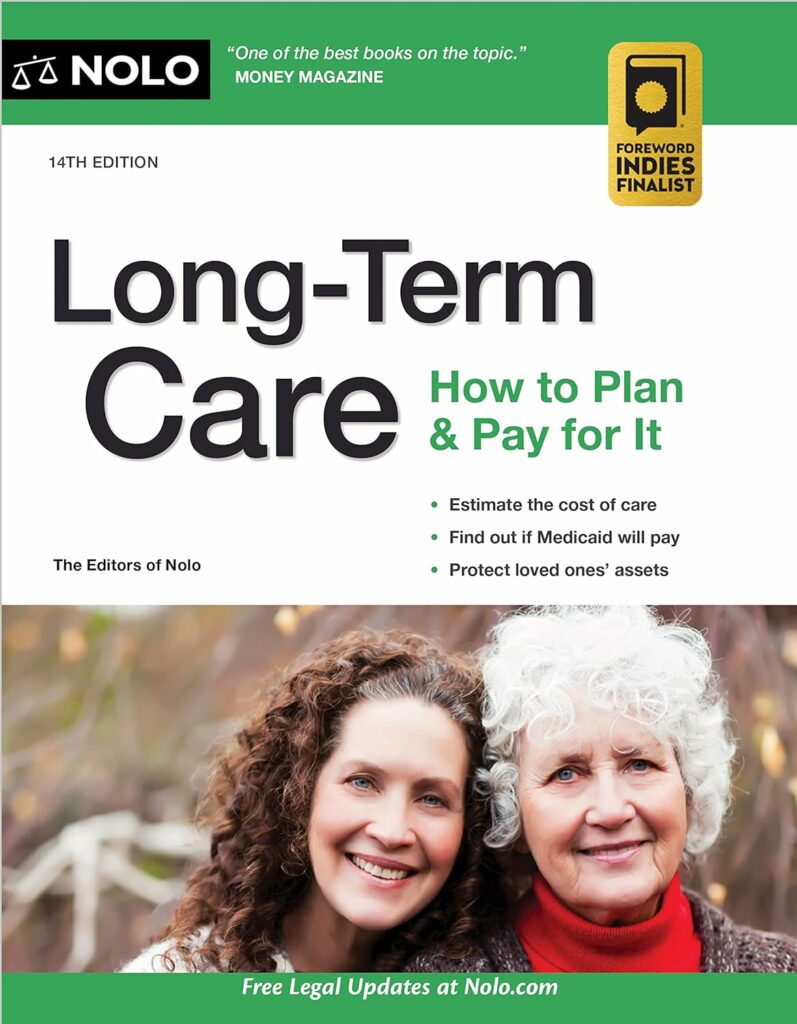We buy insurance because we cannot predict the future. Insurance protects us from unexpected things like car accidents, weather damage to the house, or for when goods are lost or stolen. The same thinking has been applied to healthcare and the long-term care we may need as we age. Long-term care insurance (LTC) was created in the early 1990s to help provide coverage for care typically not covered by health insurance, Medicare, or Medicaid. The information below will provide you with additional information on what LTC is, who is eligible, how to get it and what it can cost.
What is LTC (Long-term Care Insurance)?
As you age, you may find that you need help with dressing, bathing, or other activities of daily living (ADLs) due to a decrease in mobility or a physical or mental disability. Such needs are often not covered by traditional health insurance (including Medicare). This is where long-term care can help. Long-term care insurance provides benefits for those with functional or cognitive impairment. By purchasing a long-term care policy you will pay to receive benefits (or reimbursement) for the long-term care costs associated with:
- Bathing
- Dressing
- Transferring (into and out of bed/chair)
- Toileting
- Eating
- Incontinence
These long-term care benefits can be provided at various caring locations including:
- At-home
- Assisted Living Communities
- Continuing Care Retirement Communities (CCRCs)
- Skilled Nursing Facilities
- Other care facilities
Who is Eligible for LTC?
In general, if you are in good health and over the age of 18, you can most likely find long-term care insurance. It is easier to look at what is excluded from coverage which includes in most cases:
- Mental and nervous disorders or diseases
- Alcoholism and drug addiction
- Illnesses caused by an act of war
- Treatment already paid for by the government
- Attempted suicide or self-inflicted injury
How Can I Get Long-Term Care Insurance?
If you are interested in LTC, you should contact your current insurance provider to see if it is offered. In addition, review this list from Consumer Affairs of the top providers (including MetLife, GuideOne and others). Outside of the private insurers, you can look into your Area Agency on Aging to see if any state or local options are available.
What Does Long-Term Care Insurance Typically Cost?
Each plan’s cost will vary based on the coverage required. The cost is calculated based on the following:
- Your age at the time of purchase
- The maximum dollar amount the policy will pay per day
- The maximum number of days (years) that a policy will pay
- Additional benefits you choose with the policy
For example, a policy for a typical couple in Maryland in good health, aged 50+, can have an initial cost of $3,100 annually. Based on a recent review by the AARP, it is important to note that the premiums can shoot up without warning. The typical benefit amount ranges from $50 to $250 per day (source).To put the option of long-term care into perspective, only 8 million people currently have long-term-care coverage in the U.S. and only 131,000 policies were purchased in 2015 (down 24% from 2013) (source). Many people choose not to buy long-term care insurance. Instead, they save for their future long-term care needs on their own and pay for any necessary care out of pocket.
Further Reading About Long-Term Care

As you can see, the option of getting long-term care is available for most people. However, it is not widely used and can be confusing to obtain and get reimbursed. Make sure you do your homework, contact an insurance provider, and get all of your questions answered before deciding if LTC is right for you and/or your aging loved one.


